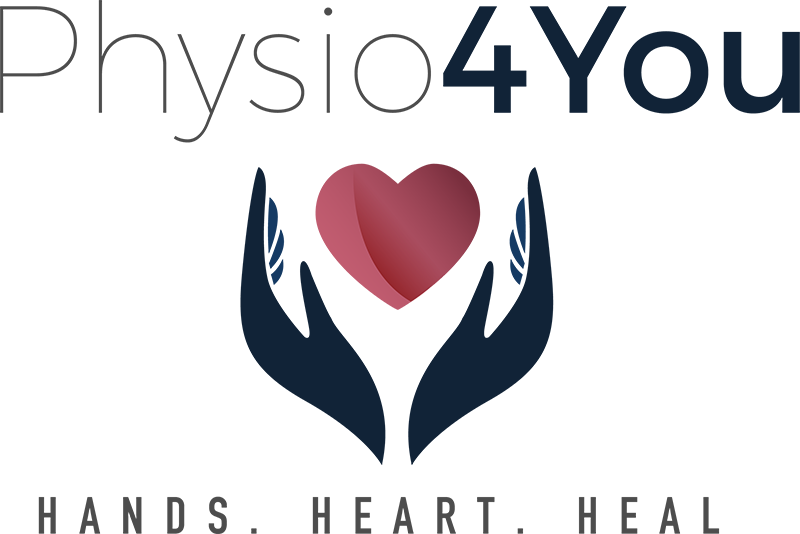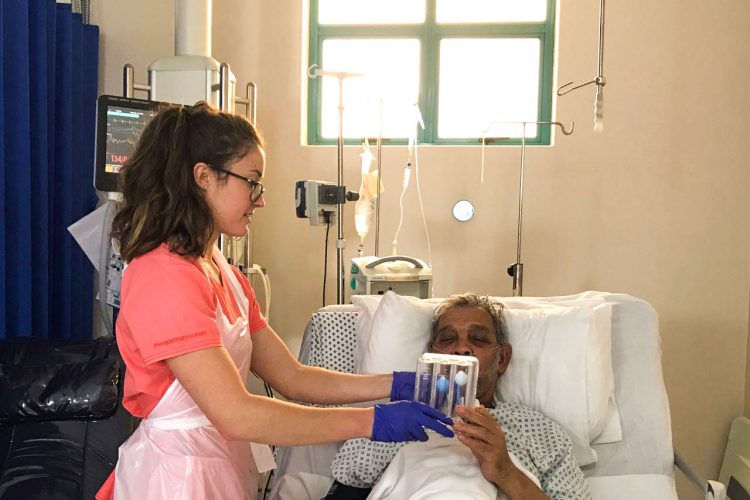
Respiratory Rehabilitation
Aims to assist patients with lung conditions such as pneumonia and COPD (Chronic Obstructive Pulmonary Diseases). These include asthma, bronchiectasis, cystic fibrosis and bronchitis. It is also beneficia for patients who undergo lung surgery. The aim of therapy is to ensure that the patients lungs are clear and free from secretions with minimal symptoms of respiratory distress. Additionally, we aim to improve knowledge of lung condition and promote self-management, increase muscle strength and endurance (peripheral and respiratory), increase patient exercise tolerance, help in managing anxiety and depression, prevent recurrent hospitalisation and improve general patient quality of life.
It involves the provision of manual chest physiotherapy such as percussions, vibrations and shaking on the chest wall to help loosen the secretions. This is often done after the application of a nebuliser. Breathing exercises and coughing techniques are prescribed to help expel the secretions effectively and minimise shortness of breath.

Cardiac Rehabilitation
Cardiac rehabilitation, also called cardiac rehab, is a medically supervised program for people who have had a heart attack, heart failure, heart valve surgery, coronary artery bypass grafting, or percutaneous coronary intervention.
In the hospital, most patients are treated in the cardiac ICU. Physiotherapy is aimed at improving patients cardiorespiratory condition: ensuring clear, secretion-free lungs, improving rate and pattern of breathing, encouraging early, active exercises and general well-being. We will assist you with by recommending lifestyle changes, education on heart-healthy living, and counseling to reduce stress and help you return to an active life. Cardiac rehab can improve your health and quality of life, reduce the need for medicines to treat heart or chest pain, decrease the chance you will go back to a hospital or emergency room for a heart problem, prevent future heart problems, and even help you live longer.
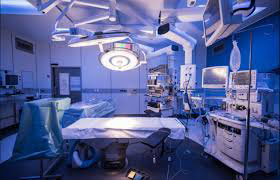
Post-surgery Rehabilitation
There are many different types of surgeries and physiotherapy has a role in helping patients recover efficiently and safely. Examples of surgery are laparotomy, hysterectomy, complicated caesarean sections and appendicectomy. This often entails pre-surgery counselling in which certain exercises, breathing techniques, chest physiotherapy, positioning and advice is provided to the patient to help them better prepare for the surgery. Post-surgery physiotherapy includes assessment and treatment of any respiratory complications such as secretion retention, poor cough effort and poor breathing pattern. Pain often limits mobility and early active exercises. We will aid in your pain management, assist with exercise prescription and speed up patient recovery.
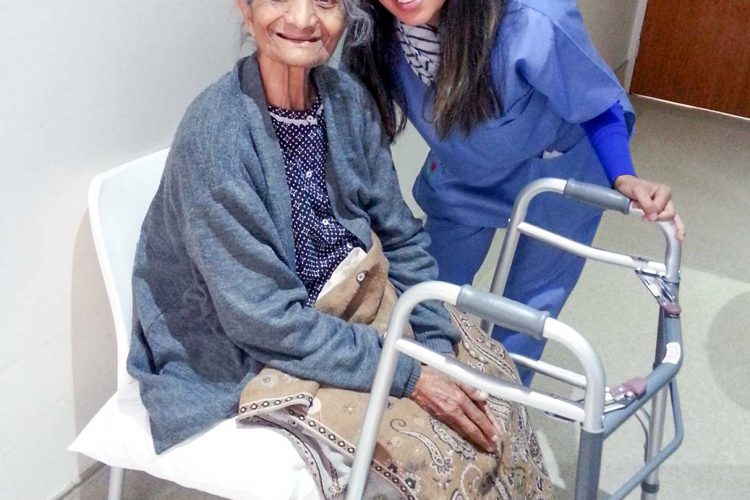
Oncology And Frail Care
Pain, weakness, stiffness, shortness of breath, fatigue and fear often are reasons why patients have poor mobility and exercise tolerance. These have negative effects of the body as patients are at risk of pressure sore development, lung collapse and chest infections, joint stiffness and weakness and general poor quality of life. We will assess the patient’s limitations and tailor make treatment plans to minimise and prevent complications. The aim in to achieve the highest level of function and independence, reduce stress and anxiety and provide patients with the best possible quality of life.
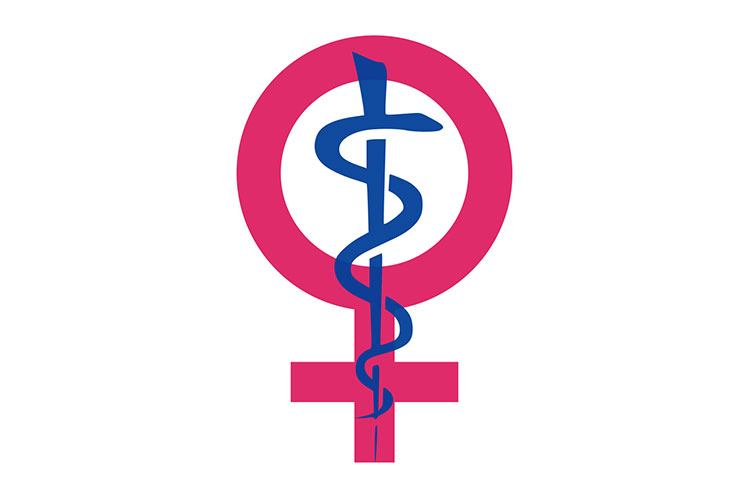
Womens Heath
Breast surgery, lymphoedema, urinary incontinence, breast feeding advice, treatment of cracked nipples, ante and post-natal care are examples of conditions we assist our lady patients with.
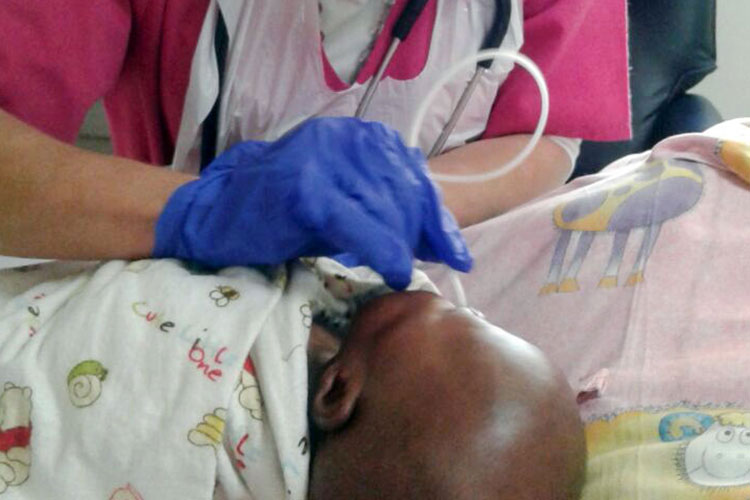
Paediatric Respiratory Rehab
Babies and children often will experience chest infections such as bronchopneumonia, bronchiolitis and pneumonia. Additionally, influenza and other viral infections often result in these patients having nasal congestion, productive cough and wheeze with difficulty clearing these secretions, difficulty if feeding/ sucking, poor appetite and general weakness and lethargy. The aim of therapy is to ensure that the patients lungs are clear and free from secretions with minimal symptoms of respiratory distress.
This is achieved by the application of manual chest physiotherapy such as percussions, vibrations and shaking on the chest wall to help loosen the secretions. This is often done after the application of a nebuliser. Suctioning is often prescribed for children under the age of 3 years old as these children do not have the ability to cough and expel secretions independently. The secretions are commonly sent for testing to help in the medical management. Breathing exercises and coughing techniques are prescribed to help expel the secretions effectively and minimise shortness of breath.
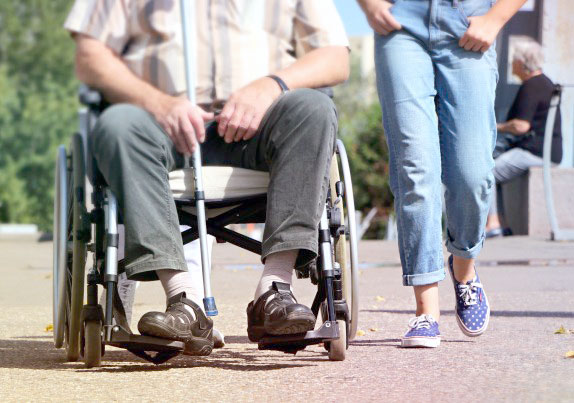
Neurological Rehabilitation
Stroke, head injuries, nerve injuries, spinal cord injuries and infections, such as meningitis, encephalitis, polio, and brain abscesses can result in mental and physical limitations which negatively affect patients’ mobility and functionality. The aim of physiotherapy and rehabilitation is to improve function, reduce symptoms, and improve the well-being of the patient. As Lenmed Ahmed Kathrada Private Hospital is a stroke accredited hospital, physiotherapy starts Day 1 after a patient is admitted. Early, active intervention is key to improve functional outcomes of patients.
Neural stretches, balance training, use of assistive devices, exercise therapy, strengthening exercise and functional rehab are examples of modalities used in therapy. Our state of the art gym is equipped with pain management modalities, functional electrical stimulation, standing frames, tilt tables, medical treadmill, active/passive hand and feet cycle and physio gym balls which all aid in holistic management of these patients.
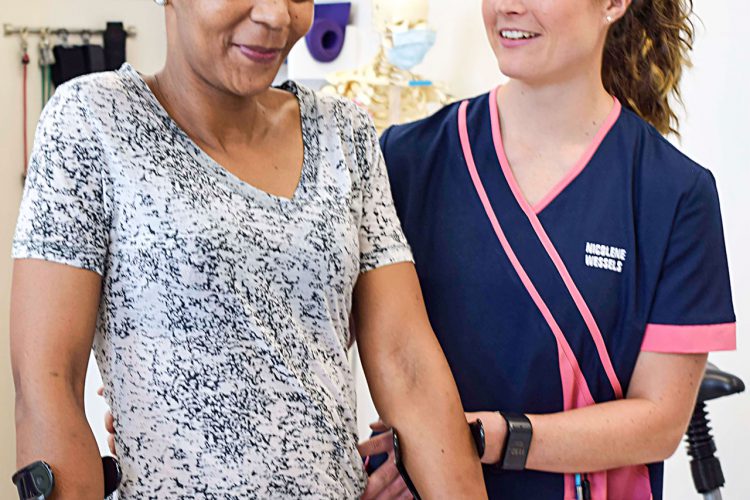
Orthopaedic Rehabilitation
There are many different types of orthopaedic surgeries and physiotherapy has a role in helping patients recover efficiently and safely. The most common orthopaedic surgeries include:
Ankle: repair of ankle fracture
Knee: knee arthroscopy (meniscectomy, chondroplasty, anterior cruciate ligament reconstruction) and knee replacement
Hip: repair of femoral neck fracture and trochanteric fracture, hip replacement
Wrist: carpal tunnel release, wrist bone (distal radius) fracture repair
Shoulder: Shoulder arthroscopy (decompression, distal clavicle excision, rotator cuff tendon repair)
Spine: laminectomy, lumbar spinal fusion, low back intervertebral disc surgery
Bones: forearm (radius) bone fracture repair, thigh bone (femoral shaft) fracture repair
Pre-surgery physiotherapy and counselling is important in the management of these patients. Explanation of what the surgery involves, patients expected condition post theatre (catheter, drains, bandages, braces etc) and the specific exercise program for the acute phase are all explained in the pre surgery consult. Physiotherapy usually commences day 1 post operatively and involves specific exercises as per surgeon protocol, circulatory exercises, breathing techniques, chest physiotherapy, positioning and pain management. Early active and safe mobilisation with or without the use of an assistive device will be encouraged to prevent complications and speed up recovery


